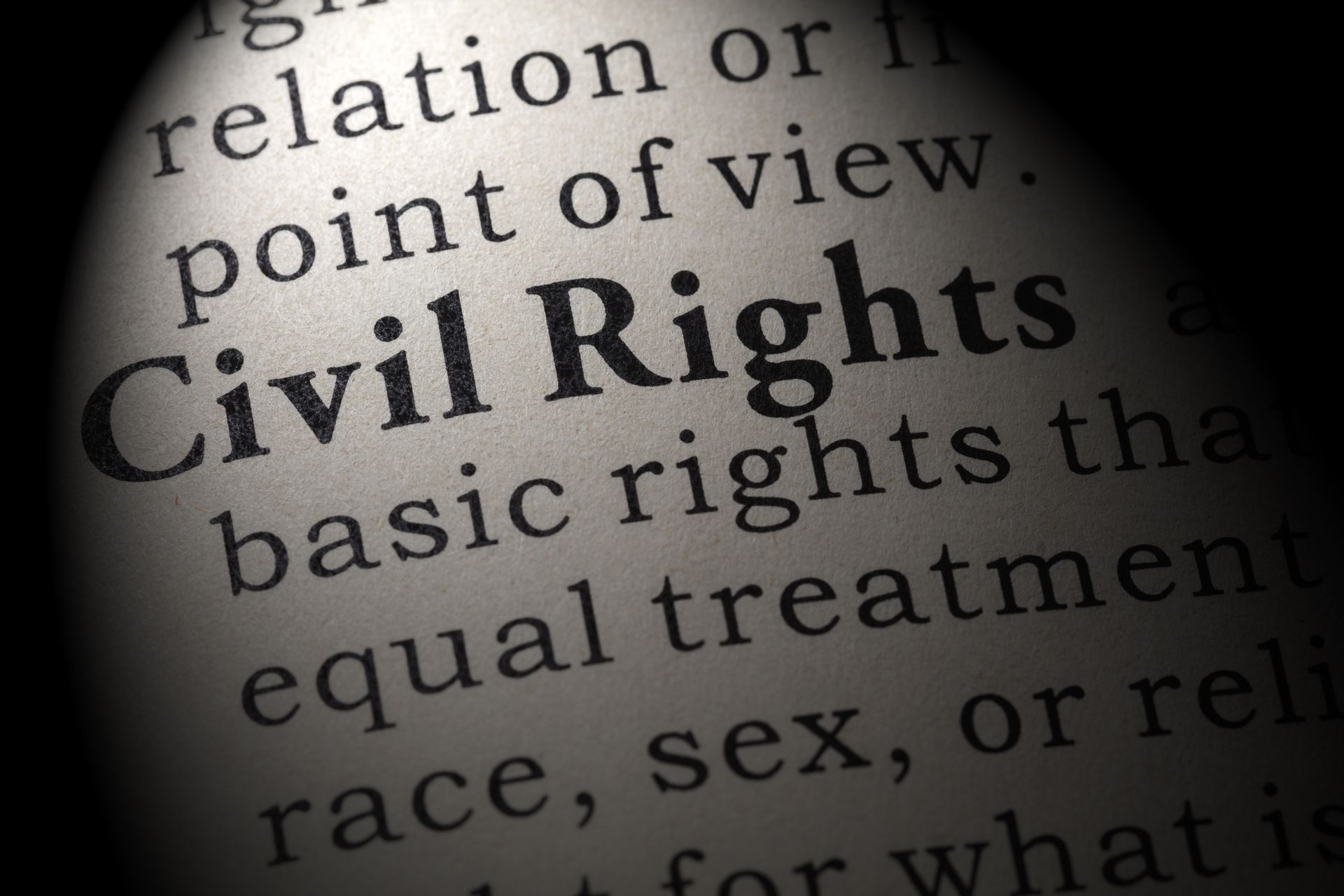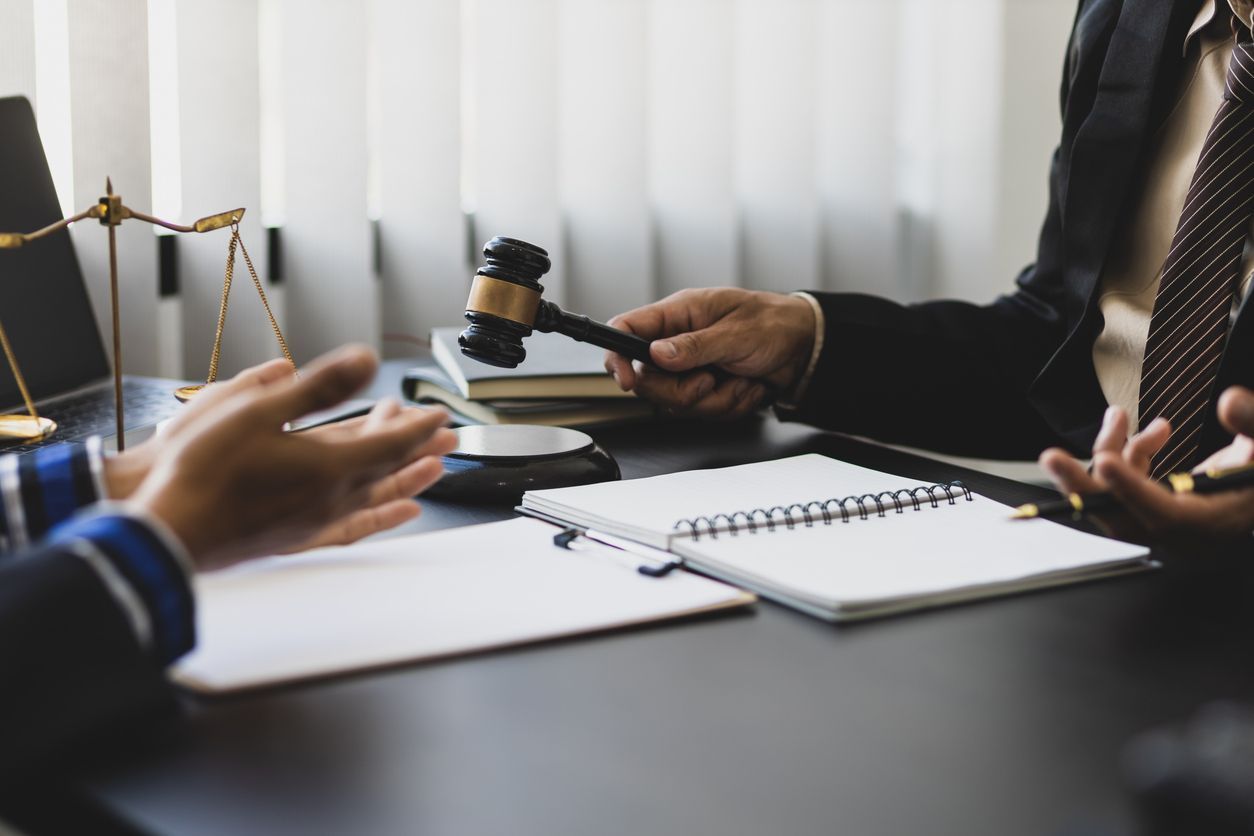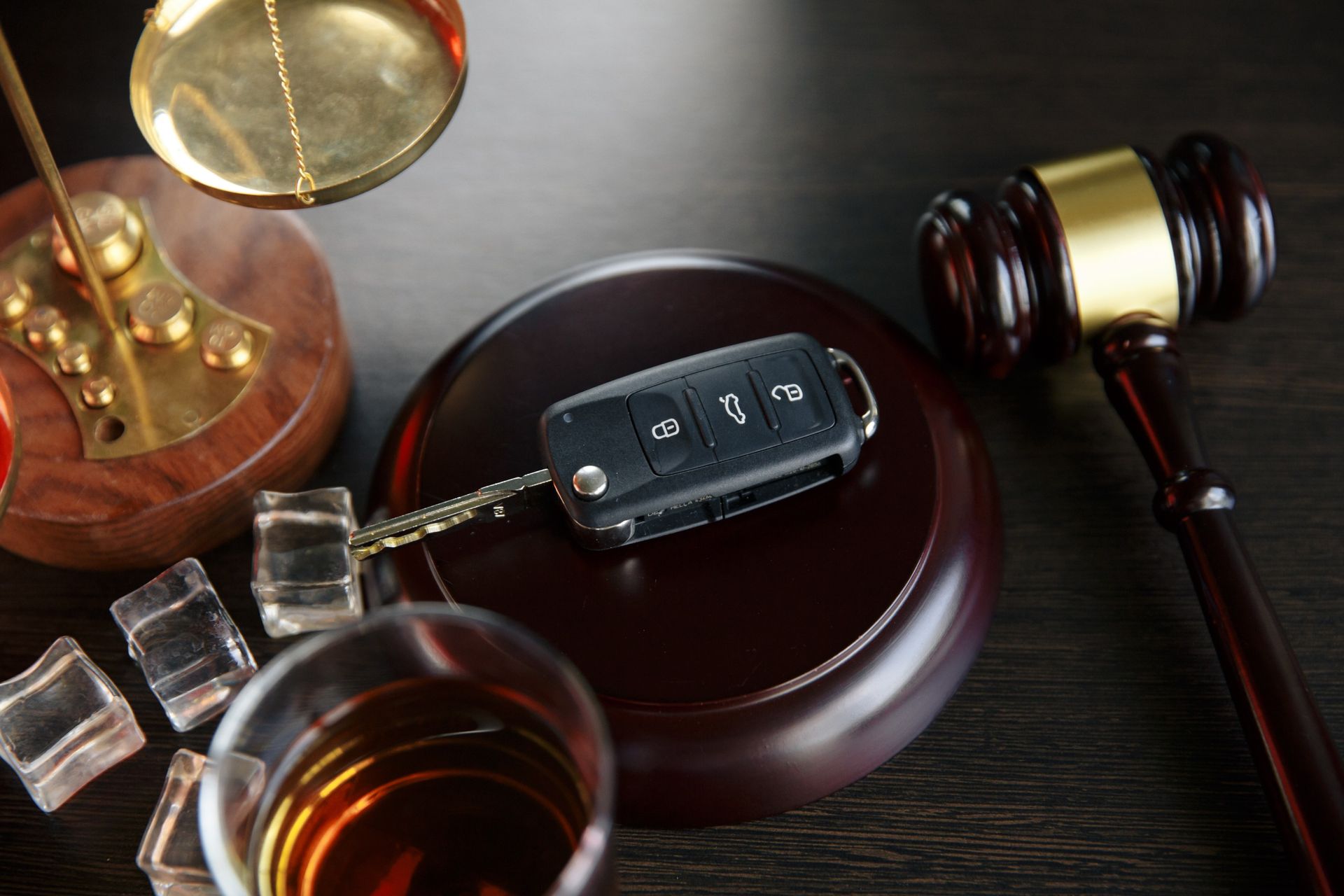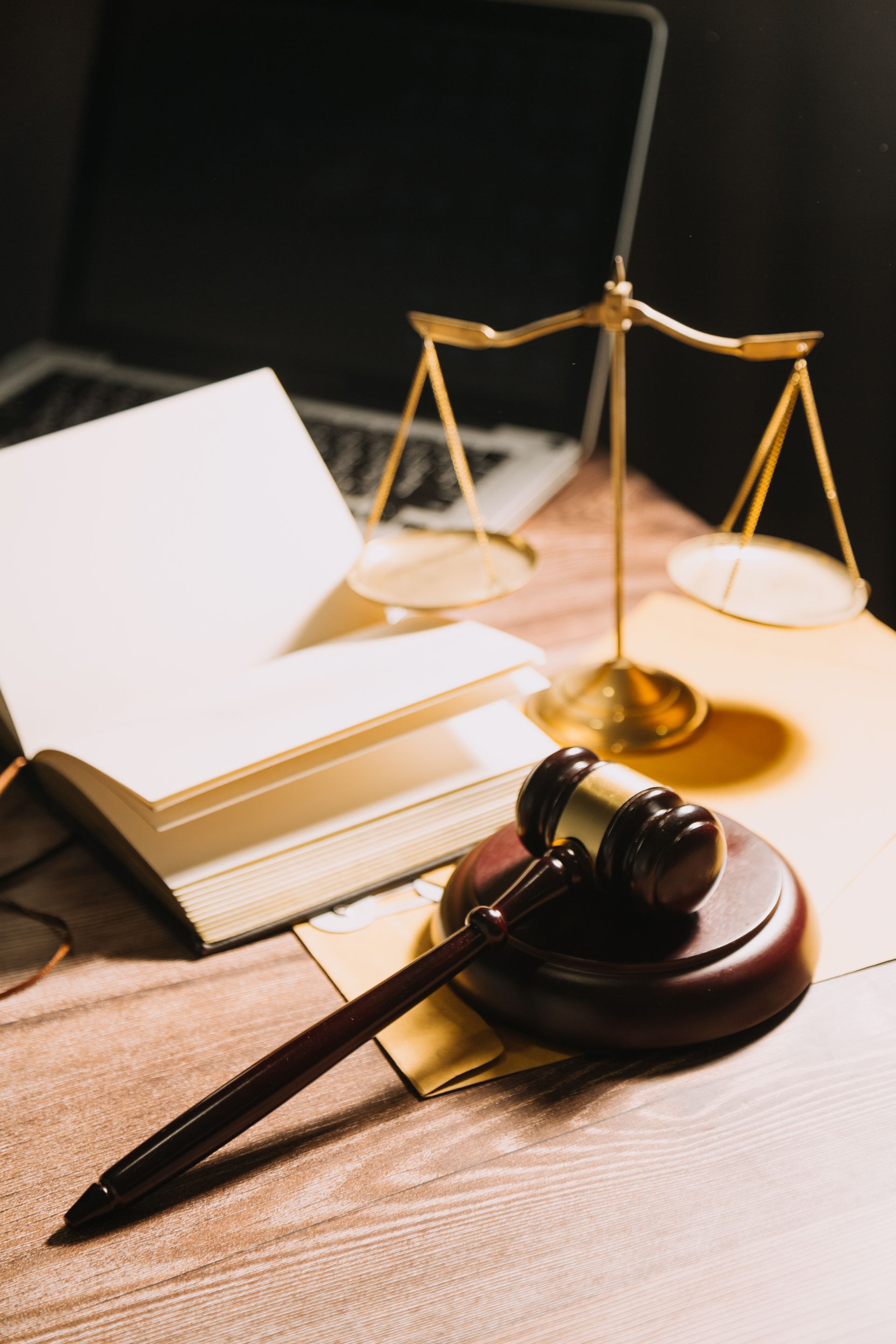Contact Us
Phone: 404-341-0748
Location
235 Peachtree Street NE
Suite 400
Atlanta, GA 30303
Hours
- Mon - Fri
- -
- Saturday
- -
- Sunday
- Closed
What is the Statute of Limitations for a Personal Injury Claim in Georgia?
Personal injury cases can stem from a variety of occurrences, such as defective products, car accidents, or work-related harm. All the cases have one thing in common: another person, company, or group caused the injury due to direct action or negligence.
In Georgia, all personal injury cases are civil lawsuits. This means that the plaintiff seeks compensation for damages caused by the injury. They need to prove that the defendant's actions caused the injury and provide evidence to support the amount of the compensation request.
In Georgia, you have a limited amount of time to file a personal injury lawsuit. The deadline is known as the statute of limitations. The suit could be dismissed without being heard if you wait too long after the incident.
Different types of personal injury cases have different time limits. In Georgia, these range from one to six years. Here is a look at the statute of limitations for the different types of personal injury cases.
What is the statute of limitations?
The statute of limitations refers to the specific limit a lawsuit may be filed after an injury or accident. These rules vary by state, so you need to check the local timeframe requirements depending on where you live.
Why do such rules exist? One of the primary reasons is to ensure the integrity of the evidence and that parties and witnesses still remember events clearly.
In Georgia, civil personal injury cases typically have a two-year statute of limitations. However, there are some nuances to this rule. The clock may not start running at the time of the incident. In some cases, you may not know that you are injured until later. For example, if you are exposed to a substance at work that makes you sick, you may not be aware of the harm until you get a diagnosis from a physician. These cases use a "discovery of harm" rule. The statute of limitations clock starts when you learn about the injury instead of the date when it actually happened.
The statute of limitations also applies to some criminal cases. You can only be charged with a misdemeanor for two years after the event. In Georgia, there is no limit on felony charges.
What does the law say?
Georgia statute of limitations rule (Section 9-3-33) specifically states:
“Actions for injuries to the person shall be brought within two years after the right of action accrues, except for injuries to the reputation, which shall be brought within one year after the right of action accrues, and except for actions for injuries to the person involving loss of consortium, which shall be brought within four years after the right of action accrues.”
The two-year statute of limitations will apply in most cases. As you can see from the text of the law, there are a couple of exceptions to this rule.
When Is The Statute Of Limitations Less Than Two Years?
Personal injury does not necessarily have to be physical. It can include damage to your reputation. These cases often involve libel, when someone spreads false or privileged information with the goal of harming your personal life or business. In these instances, the statute of limitations is only one year.
When Is The Statute Of Limitations More Than Two Years?
The statute of limitations for loss of consortium due to personal injury is four years. This type of suit is typically brought on by the spouse of the injured party. Such cases seek compensation for a loss of companionship, financial support, or other marital expectations due to the injury. In some instances, domestic partners and other dependents can bring a loss of consortium claim to the court in Georgia. In addition to proving that the injury led to a loss of companionship or support, you will need to provide evidence of your relationship with the injured party to establish the level of dependence.
The statute of limitations for medical malpractice is two years from the date of discovery of harm. However, there is a five-year total time limit from the date of the incident. So, if the discovery of harm took place more than three years after the medical procedure, you may have less than two years to file the suit.
Details of personal injury cases in Georgia
In Georgia, you can file a personal injury lawsuit to seek payment for medical bills that you incurred as a result of the defendant's action or negligence.
You can also seek compensation for the economic damage you suffered as a result of the injury. For example, you can ask the court to award you for the income you lost because you were not able to work during the recovery process. If you suffer significant injuries that keep you from resuming your job and career, you can also sue for future earnings and the support you would have provided to your spouse and dependents. This can include things like housing, college tuition, and even wedding expenses.
The defendant may also have to pay damages for emotional or psychological distress that occurred due to the accident and the resulting strain on your relationships and the loss of your previous quality of life.
All these claims require the support of evidence, testimony from witnesses, and a clear memory of the incident at the center of the case. Though there is a two-year statute of limitations, it is best to act as soon as you are able after the injury.
Do you need a lawyer for a personal injury case in Georgia?
There are several reasons that you would need a personal injury lawyer in Georgia. First, an attorney can help handle the details and evidence-gathering aspects of the suit while you focus on recovering from your injuries.
Second, personal injury cases often go beyond compensation for medical bills. An attorney can help you define the full extent of the damages so that you do not overlook anything and are able to include a request for fair compensation in your lawsuit.
Finally, an attorney can help you negotiate with the defendants before the civil trial. In some cases, you may be able to reach a settlement and avoid the stress and uncertainty of court hearings.






Schedule a Case Evaluation
Contact us now!
Homepage FCE Form
We will get back to you as soon as possible.
Please try again later.
By submitting this form, you agree to be contacted by our law firm, either by phone, text or by email.
Hours
- Mon - Fri
- -
- Saturday
- -
- Sunday
- Closed
Disclaimer: The information on this website is for general information purposes only. Nothing on this site should be taken as legal advice for any individual case or situation. This information is not intended to create, and receipt or viewing does not constitute an attorney-client relationship.
All Rights Reserved | The Lopes Law Firm | Powered By Convert It Marketing | Privacy Policy
All Rights Reserved | The Lopes Law Firm | Powered By Convert It Marketing | Privacy Policy




